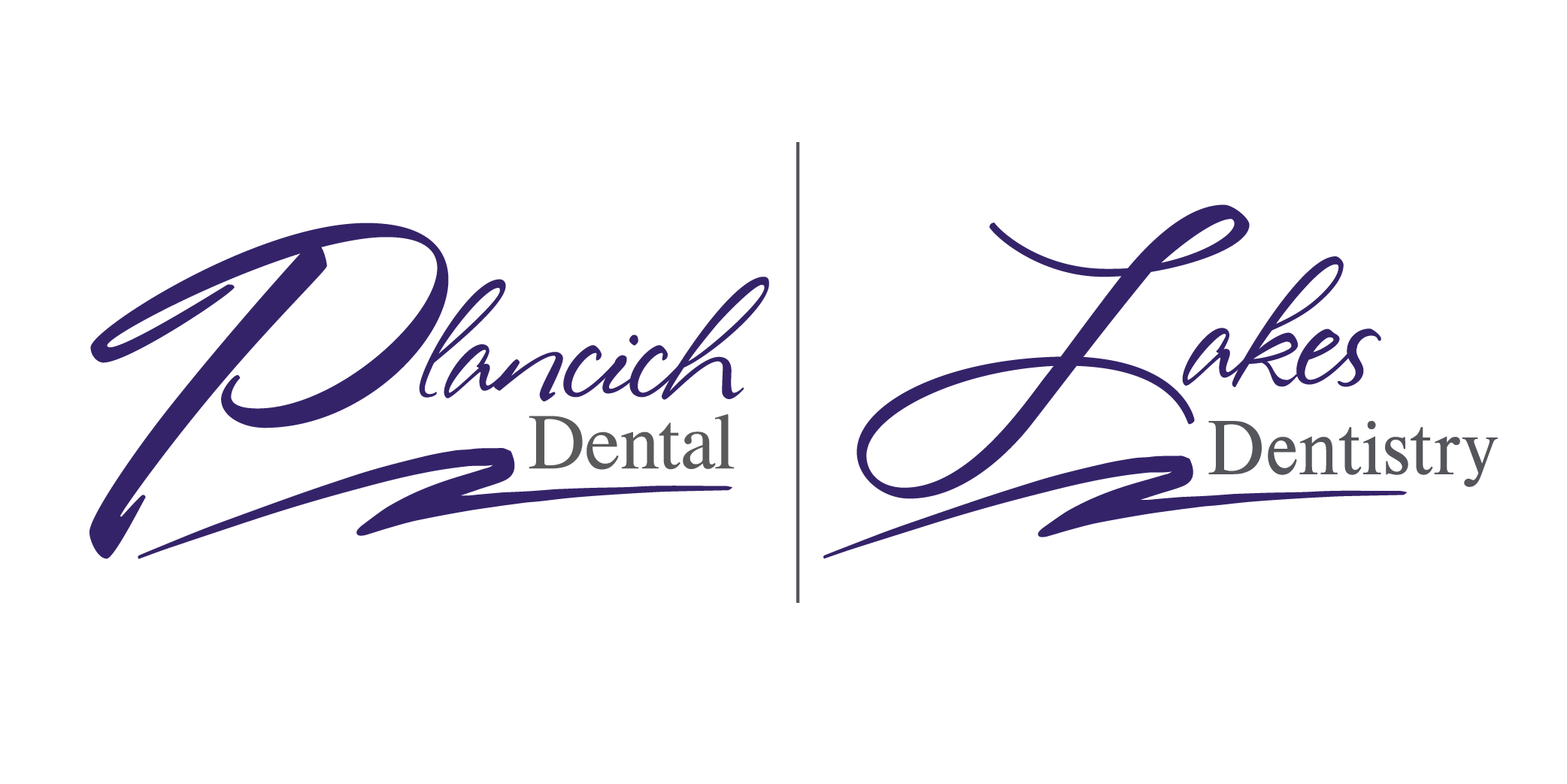If you’ve ever had your wisdom teeth pulled, you’ve probably heard about the risk of dry socket (also known as alveolar osteitis). Namely that it’s something you want to avoid at all costs.
Here are some thoughts to help you understand what dry socket is, how to avoid it, how to tell if you have it, and what to do if that’s the case.
What are the causes of dry socket?
When you have a tooth pulled, a blood clot forms at the resulting extraction site in order to protect the underlying bone and nerve endings.
But when something gets in there and disrupts the blood clot or prevents it from forming, you get what is called a dry socket. Culprits can be any number of things, all of which will be discussed in this article.
What are the symptoms of dry socket?
Intense pain is the chief symptom of dry socket, typically occurring within a few days of the tooth extraction. This pain can extend from the jaw to the ear, temple and even the neck.
Other symptoms include:
- Partial or complete loss of the blood clot, resulting in what looks like an empty (i.e. “dry”) tooth socket.
- Swelling in and around the jaw and mouth.
- An unusually bad taste in your mouth and unusually bad breath.
How can you prevent dry socket?
- Avoid drinking through a straw. The suction can dislodge the blood clot and allow harmful materials into the tooth extraction site.
- Avoid smoking tobacco products for at least 24-48 hours after getting a tooth pulled. The inhaling and exhaling can also run the risk of dislodging the blood clot.
- Only eat soft foods like applesauce and mashed potatoes. Crunchy and hard food particles can more easily find their way into the socket and displace the blood clot.
- Avoid alcohol for at least 24-48 hours–especially antibacterial mouthwash. Alcohol can sting the affected area, and its disinfectant properties aren’t necessary immediately after wisdom teeth removal.
- Rest and allow your body to carry out a proper healing process. Avoid intense physical activity or anything that would significantly increase your heart rate and blood flow. The extraction site is a very delicate area for the first few days, and heavy blood flow can overload and disrupt the formation of the blood clot.
- Be very careful with your oral hygiene care. Some dentists recommend avoiding brushing your teeth altogether for the first day or two. Others are more permissive, but with the requirement that you brush very gently. Stay away from dental floss entirely for the first few days after having a tooth removed.
- Gently rinse the empty socket with salt water several times a day, either by swishing it around or using a syringe provided by your dentist. Salt water rinse will help disinfect the area and eliminate bacteria that could cause infection.
One unique risk factor for dry socket is birth control pills. Women who take oral contraceptives are twice as likely to get dry socket. But scheduling your oral surgery for the end of your menstrual cycle can mitigate this risk.
What to do if you get dry socket:
If you’ve had the unfortunate luck of getting dry socket, there are a number of steps you can take to treat it–a number of which involve seeing your doctor.
- Pain medication. An over-the-counter solution is most likely not going to cut it. You will most likely need to obtain some kind of prescription medication for your pain. Consult with your doctor to determine which is best for you.
- Topical medication. Your dentist typically can apply a topical gel, paste or other type of medicated dressing to the socket that can relieve your painful condition fairly quickly.
- Clean out the socket and maintain it. It may be that food or other particles have gotten into the socket. Your dentist may need to go in and flush it out again, at which point they may provide you with syringes and any other equipment to maintain cleanliness.
Looking for a dentistry in Tacoma or Lakewood?
If you’re in need of a wisdom teeth extraction and you live in the Tacoma or Lakewood area, our teams at Plancich Dental (Tacoma) and Lakes Dentistry (Lakewood) will take care of all your oral health needs. Just give us a call!
